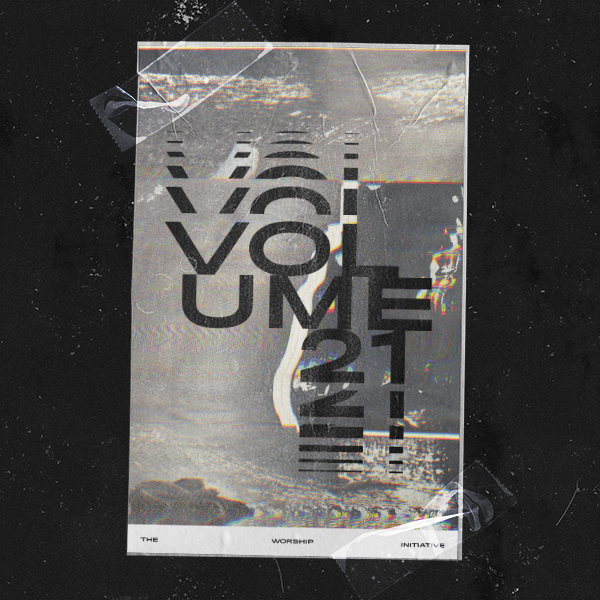
Bethany Barnard
There's A River
There's A River
Come, everyone who thirsts, come to the waters; and he who has no money, come, buy and eat! Come, buy wine and milk without money and without price. (Isaiah 55:1)
From the earliest days of God’s dealings with his people, idolatry proved an alluring alternative to faith in God. “You shall have no other gods before me” (Exodus 20:3) heads the Ten Commandments because Israel was drawn, persistently and powerfully, to idols of wood, stone, and gold. The golden calf episode of Exodus 32 is only the first of many examples in a long and tragic history.
Centuries after Sinai, as Israel gave more and more of herself to those “other gods,” the prophets took pains to show the madness, the folly, the utter insanity of such an exchange. Idols demand everything and, in the end, give only ashes in return, while the living God comes to those who have nothing and offers a feast of rich food.
Perhaps no prophet unmasked the tragic lunacy of idolatry more than the prophet Isaiah. His invitation, spoken on behalf of God, exposes the emptiness of every idol — those in ancient Israel, as well as those in our bank accounts, on our social-media feeds, and even in the mirror:
Come, everyone who thirsts, come to the waters; and he who has no money, come, buy and eat! Come, buy wine and milk without money and without price. (Isaiah 55:1)
Come, Everyone
Like the master in one of Jesus’s parables (Luke 14:16), God’s invitation to come goes out to everyone: to the highways and hedges of the world, to those who thirst, those who hunger, those whose pockets have long been empty.
Idols could never make such an offer. In Israel’s day (as well as ours), idols depend on their worshipers for their very being. In order for an idol to exist, someone must first “lavish gold from the purse, and weigh out silver in the scales, hire a goldsmith, and he makes it into a god” (Isaiah 46:6). Idols preyed even upon the poor, who had no silver or gold but could spend the precious little they did have on wood (Isaiah 40:20). Before an idol could conceivably do anything, it took much — sometimes everything — from its worshipers.
To such as these, God says, “Come. If you feel within yourself a thirst that no idol can quench, come. Even if you have spent your last penny on a god besides me, come. You do not need anything to come to me.”
Eat What Is Good
God not only invites those who have nothing; he also promises them everything: water, wine, milk — a feast. With door open, he calls out to everyone and says, “Eat what is good, and delight yourselves in rich food” (Isaiah 55:2).
This offer is likewise beyond the reach of an idol’s immovable arms. Many who had spent their silver and gold for a god of their own discovered the bitter truth in the end: the man who bows down to an idol “feeds on ashes” (Isaiah 44:20). The idol, after demanding money, time, attention, and worship, only fills the worshiper’s mouth with cinders and soot.
If our idols haven’t given us such an experience yet, they will in time. Those who give their very souls to their self-image, their career, or even their spouse and children will find themselves, in the end, burnt, hollow, and gnawing with the ache of unfulfilled longing.
Not so with the living God. As the apostle Paul would tell the idolatrous Athenians several centuries later, the true God is not “served by human hands, as though he needed anything.” Rather, “he himself gives to all mankind life and breath and everything” (Acts 17:25). Idols take, but God gives: life, breath, and everything — including the only food that can satisfy our souls.
Without Money or Price
God’s invitation holds out a paradox, however. What could he mean when he says, “Buy wine and milk without money and without price” (Isaiah 55:1)? What does it mean to buy without money?
It means, on the one hand, that there is a cost to this feast after all. We should expect as much. Ever since Eden, the price for feasting in the presence of God has been costly: a broken body and shed blood. The smoke rising from the temple courts in Jerusalem constantly reminded the Israelites of this fact.
But on the other hand, “buy without money” means that this cost is not one we must pay. “Come, . . . he who has no money,” God says. Why? Because the cost of feasting in the presence of God has now been paid, once and for all, “with the precious blood of Christ” (1 Peter 1:19). And this blood, which was poured out so freely on the cross, now covers every poor, thirsty, hungry soul who simply trusts in Jesus and turns from their idolatry.
So come, all who are thirsty, and drink in deep. Come, all who are hungry, and be satisfied. Come, all who are poor, and buy this feast with the precious blood of Christ.